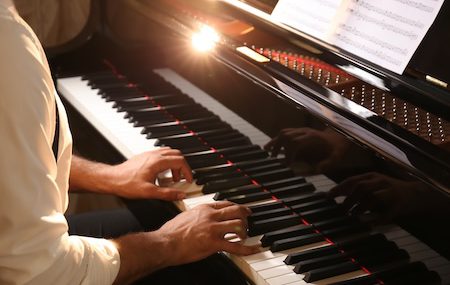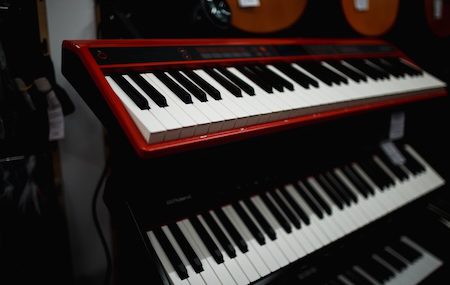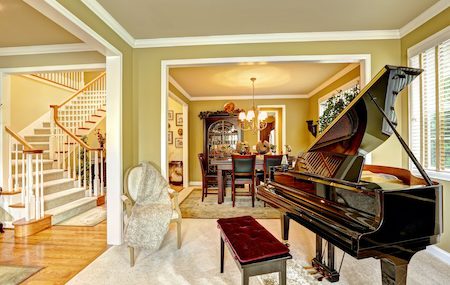Why are you ready to invest in a quality piano?
Is it for music education, to support your child as they develop discipline, patience, and a lifelong appreciation for music?
Is it for creative expression, giving you a chance to compose, improvise, and play a wide range of musical genres?
Or maybe it’s for therapeutic benefits. Playing the piano can help you relax, reduce stress, and improve mental well-being.
Whatever your reason, investing in a quality piano is your starting point. It’s what gives you the tools and motivation to take your piano playing to the next level. That’s because there are significant benefits to getting a high-quality piano.
- Superior Sound Quality: Why play if it doesn’t sound great? High-quality pianos produce richer, more nuanced sound, enhancing the overall musical experience and making practice and performance more enjoyable.
- Durability and Longevity: Quality pianos are built with superior materials and craftsmanship, ensuring they last longer and maintain their performance over time, making them a better long-term investment.
- Consistent Performance: Want your piano to last a lifetime? A well-made piano provides consistent touch and response, allowing for more accurate and expressive playing, which is crucial for both beginners and advanced musicians.
- Enhanced Learning Experience: A quality piano offers a better learning experience, as it responds accurately to dynamics and articulation, helping them develop proper technique and musicality. You want this to be a lifelong skill – why not start with the right tools from the start!?
- Aesthetic and Resale Value: High-quality pianos are often beautifully crafted and can serve as a stunning centerpiece in your home. Additionally, they tend to hold their value better and may even appreciate over time, making them a good financial investment.
- Cultural and Emotional Value: Owning a quality piano can enhance the artistic atmosphere of a home, offering a source of joy, relaxation, and a medium for creative expression. It can also become a cherished family heirloom, enriching the lives of future generations.
You’re buying a piano to be a part of your life. To help destress at the end of the day. To create joy throughout the year.
That’s why investing in a quality piano matters. Because without quality, what else is there?











